
Hollywood, a dream factory ever hungry for compelling narratives, has always held a special fascination for the lives of larger-than-life figures. Yet, in recent years, one particular genre has taken center stage, not merely capturing attention but dominating the box office and etching itself into our collective cultural consciousness: the musical biopic. From the electrifying performances of rock legends to the intimate struggles of country icons, these films consistently strike a chord with audiences, translating into monumental global grosses and significant industry buzz.
The allure isn’t just about celebrity worship; it’s a potent brew of nostalgia, dramatic storytelling, and the timeless power of music. Films like *Bohemian Rhapsody* and *Rocketman* didn’t just break records; they redefined what a musical biopic could achieve, blending historical accuracy with artistic interpretation to create truly cinematic events. Their success has sparked a veritable gold rush, with studios scrambling to bring more legendary artists’ stories to the big screen, proving that the demand for these harmonious narratives is far from hitting a sour note.
What exactly is the secret sauce behind this sustained dominance? Is it merely the power of a beloved song catalog, or is there a deeper alchemy at play? As we peel back the layers of this fascinating trend, we’ll discover a sophisticated interplay of narrative structure, casting brilliance, and cultural impact that transforms biographical tales into universal triumphs, showcasing why these melodious sagas continue to resonate with millions worldwide and command the biggest stages in cinema.

1. The Hollywood Formula: Charting the Journey from Struggle to Stardom
At the heart of every successful musical biopic lies a narrative structure so compelling it’s become almost a formula, albeit one exquisitely executed when done right. These films typically follow a familiar, deeply resonant arc: the humble beginnings, the arduous struggle, the meteoric rise to fame, the inevitable personal battles, and, frequently, a powerful redemption. This storytelling blueprint isn’t just about chronicling events; it’s about humanizing figures who often seem larger than life, revealing the vulnerability beneath the bravado and the grit behind the glamour.
This approach allows audiences to connect deeply with the artist, witnessing their transformation from an ordinary person with extraordinary talent into an iconic figure. It’s a classic hero’s journey, one that taps into our collective aspirations and anxieties. Whether it’s the raw ambition of a young Freddie Mercury or the quiet determination of a nascent Johnny Cash, these narratives invite us to invest emotionally in the artist’s path, making their triumphs feel like our own victories and their setbacks, our shared struggles.
The genius of this formula lies in its ability to make the universal personal. While the specific details of a musician’s life might be unique, the themes of overcoming adversity, pursuing one’s passion, and grappling with success are profoundly relatable. This provides a stable and predictable framework, allowing audiences to immerse themselves in the world of the artist while anticipating the dramatic beats that will unfold, all set to a soundtrack of their most beloved tunes.
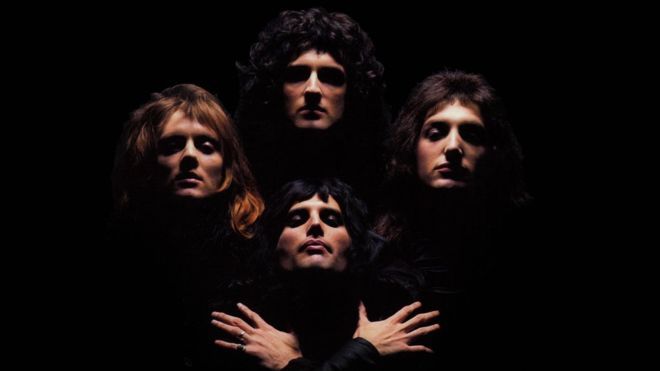
2. Masterful Casting: When Actors Become Icons
Beyond the narrative, the success of a musical biopic often hinges on a single, crucial element: the casting. Finding an actor who can not only physically embody a legendary musician but also channel their spirit, vocal nuances, and stage presence is paramount. When this alchemy happens, it transforms a performance into an iconic portrayal, making the audience forget they are watching an actor and instead believe they are seeing the legend reborn.
Consider the indelible impact of Rami Malek’s portrayal of Freddie Mercury in *Bohemian Rhapsody*. His uncanny ability to capture Mercury’s unique blend of flamboyance and vulnerability, his stage charisma, and his distinctive vocalizations were widely lauded, culminating in an Academy Award for Best Actor. Similarly, Jamie Foxx’s transformative performance as Ray Charles in *Ray* wasn’t just an imitation; it was an immersion that garnered him an Oscar, demonstrating the profound effect a truly exceptional lead can have on a film’s critical and commercial fortunes.
The stakes are incredibly high in these roles, as audiences arrive with preconceived notions and deep emotional connections to the real artists. When Taron Egerton embodied Elton John in *Rocketman*, he wasn’t merely singing; he was performing, dancing, and conveying the emotional depth of a global superstar grappling with personal demons. These instances of masterful casting transcend mere acting, becoming cultural events in themselves and proving that the right actor can make or break a biopic’s ability to dominate the box office.
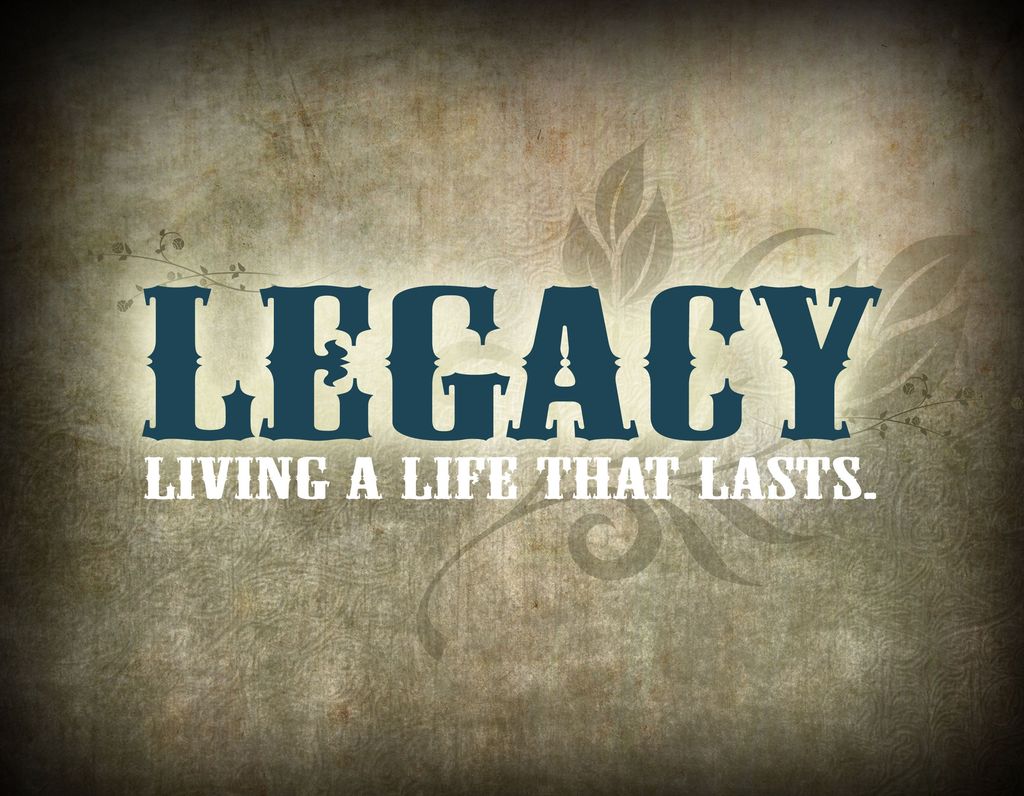
3. Nostalgia and Rejuvenation: Reigniting Legacies
One of the most powerful forces driving the success of musical biopics is their ability to tap into the wellspring of nostalgia while simultaneously rejuvenating an artist’s legacy for entirely new generations. These films serve as potent cultural catalysts, sparking renewed interest in an artist’s discography and, often, their broader cultural impact. It’s a symbiotic relationship where the film benefits from existing fandom, and the artist’s catalog experiences a significant resurgence.
The aftermath of *Bohemian Rhapsody* provides a textbook example: Queen’s music experienced an extraordinary jump in popularity, with streams and sales soaring as younger audiences discovered their iconic anthems for the very first time. Similarly, *Rocketman* reintroduced Elton John’s groundbreaking work to new listeners, highlighting his influence on the music industry and pop culture in general. These films aren’t just tributes; they are cultural re-activators, reminding longtime fans why they fell in love with the music and forging new connections for those experiencing it for the first time.
Even in the realm of concert films, the effect is pronounced. *Taylor Swift: The Eras Tour* concert movie saw Swift’s On-Demand Audio streams grow by 52.6% in the US and 42.5% globally. *Renaissance: A Film by Beyoncé* also demonstrated a similar impact, proving that cinematic exposure, regardless of its specific format, significantly boosts an artist’s contemporary relevance and commercial viability. This unique blend of honoring the past and shaping the future is a key ingredient in the genre’s consistent box office dominance.

4. Bohemian Rhapsody: The Unprecedented Blockbuster
When we speak of musical biopics dominating the box office, *Bohemian Rhapsody* stands as the undisputed champion, a film that not only surpassed all expectations but fundamentally altered the landscape for the genre. Grossing an astounding $910.8 million worldwide from a production budget of $50–$55 million, it wasn’t just a hit; it was a phenomenon. The film’s narrative, focusing on Queen’s formation in 1970 to their triumphant Live Aid performance in 1985, resonated globally, proving that a well-crafted story about a beloved band could achieve crossover appeal on an unprecedented scale.
The film’s success wasn’t solely driven by Freddie Mercury’s captivating story or Queen’s legendary songbook, though these were undoubtedly crucial. It masterfully wove together dramatic storytelling with rock history moments, inspired acting, and state-of-the-art technology to create a cinematic experience that felt both epic and intimately personal. Rami Malek’s Oscar-winning portrayal of Mercury, capturing his charisma and tormented soul, anchored a film that managed to satisfy both die-hard fans and a wider, curious audience.
*Bohemian Rhapsody* also demonstrated the immense financial ripple effect a successful biopic can generate. Following its release, Queen’s earnings jumped significantly, with profits soaring. The film’s namesake song, already famous, saw a resurgence, reaching No. 2 on the Hot 100 in 1992 after being featured in the box-office smash “Wayne’s World.” Its extraordinary commercial and critical success (winning four out of five Oscar nominations, including Best Actor) set a new benchmark, making studios realize the immense potential of this genre when executed with creative ambition and genuine reverence for its subject.
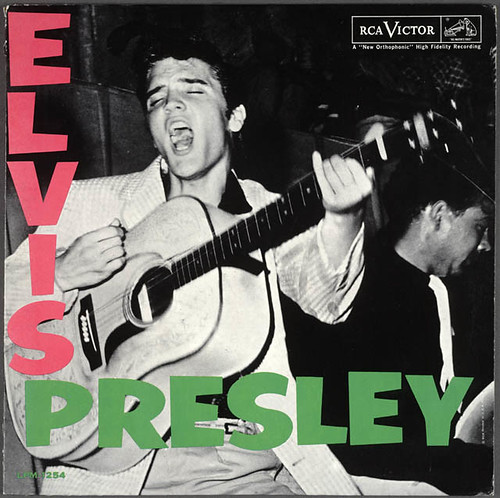
5. Elvis: Redefining an Icon for New Audiences
Baz Luhrmann’s *Elvis* arrived on the scene in 2022 as a masterclass in how a musical biopic can not only celebrate an icon but actively redefine them for contemporary audiences, particularly younger generations who might only know the legend in snippets. Luhrmann’s distinctive stylistic flair, combined with a compelling narrative that delved into Elvis Presley’s childhood, his rise to superstardom, and his complex, often fraught relationship with manager Colonel Tom Parker, resulted in a global gross of $288.7 million.
The film’s success was immediate and undeniable, opening in the US with a higher-than-expected $30.5 million. More importantly, it had a tangible impact on Presley’s enduring legacy. Post-release, Presley’s streams surged by 67%, and his 2002 compilation *Elvis: 30 #1 Hits* returned to the Top 40. The soundtrack itself climbed to #1, demonstrating how a powerful cinematic retelling can breathe new life into an artist’s catalog and introduce their genius to a whole new demographic.
*Elvis* became the third highest-grossing music biopic in America, eventually reaching the #2 spot globally after *Bohemian Rhapsody*, showcasing its ability to transcend generational divides. Tom Hanks’ portrayal of Colonel Tom Parker added another layer of intrigue to the story, framing Elvis’s meteoric rise and tragic fall within a captivating, often turbulent, relationship. Luhrmann’s film proved that even the most well-trodden stories can find fresh resonance with inventive direction and a keen understanding of how to make history feel urgently present.

6. Straight Outta Compton: Authenticity and Cultural Resonance
F. Gary Gray’s *Straight Outta Compton*, released in 2015, delivered a raw, unflinching, and ultimately highly successful portrayal of N.W.A., grossing $201.6 million globally. This film proved that the musical biopic genre wasn’t solely the domain of rock and pop legends, demonstrating the immense commercial viability and critical acclaim that can be achieved by exploring the stories of influential rap pioneers. It charted the formation and eventual dissolution of the iconic rap group, while incisively exploring their profound impact on music and culture during the late 1980s and early 1990s.
What set *Straight Outta Compton* apart was its commitment to authenticity. Featuring Ice Cube’s real-life son, O’Shea Jackson Jr., playing his father, the film tapped into a powerful sense of verisimilitude. The direct involvement of N.W.A. members like Ice Cube and Dr. Dre as producers, and MC Ren and DJ Yella as creative consultants, lent an invaluable layer of credibility, ensuring the narrative felt genuine and deeply rooted in the group’s lived experiences.
The film’s success wasn’t just about chronicling a band’s rise; it addressed broader social issues prevalent in their era, creating a crossover appeal that extended far beyond traditional hip-hop fans. It became a cultural talking point, reigniting discussions about police brutality, censorship, and systemic inequality, all through the lens of groundbreaking music. The film’s namesake album, N.W.A.’s debut, even reached a new peak on the Billboard 200 following the movie’s release, solidifying *Straight Outta Compton*’s status as a critically acclaimed, commercially triumphant, and culturally significant musical biopic.
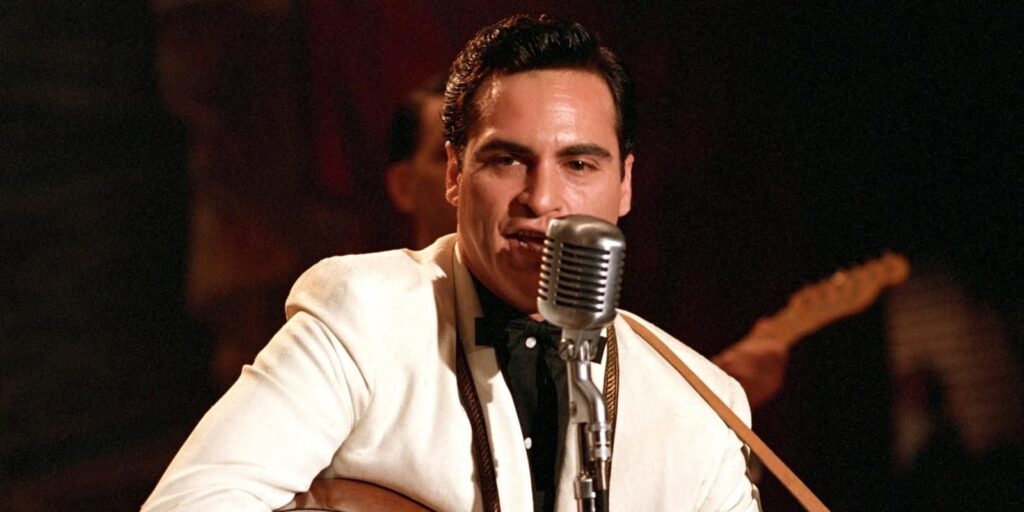
7. Walk the Line: The Enduring Power of a Love Story
James Mangold’s 2005 biopic, *Walk the Line*, showcased the immense appeal of focusing on a deeply personal narrative, specifically the turbulent life and iconic romance of country legend Johnny Cash and June Carter. Grossing $186.8 million globally, the film proved that compelling storytelling, anchored by a powerful central relationship, could resonate with audiences worldwide and achieve significant box office success, while also garnering critical adoration.
Joaquin Phoenix’s portrayal of Johnny Cash earned him an Oscar nomination for Best Actor, while Reese Witherspoon’s transformative performance as June Carter Cash won her the Academy Award for Best Actress. Their chemistry and commitment brought a raw emotional intensity to the screen, capturing the complexities of their bond, from their early professional collaboration to their eventual marriage, against the backdrop of Cash’s struggles with addiction and his musical journey.
The screenplay, co-written by Mangold, was based on Cash’s own autobiographies, lending an authentic voice to the narrative. The film’s title, drawn from Cash’s 1956 hit, perfectly encapsulated the central theme of his struggle and enduring love. *Walk the Line* resonated deeply because it wasn’t just a chronicle of musical achievements; it was a profound exploration of human relationships, resilience, and the redemptive power of love, demonstrating that a well-told personal saga, even without the bombast of a stadium rock band, can be a major box office draw. Its straightforward narrative, perhaps more accessible than the enigmatic persona of a figure like Bob Dylan, offered a relatable human story that captivated a broad audience.
Read more about: The Unforgettable Legacy of Tim Conway: A Deep Dive into the Brilliant Mind of a Comedy Icon

8. Ray: A Soulful Triumph Against All Odds
Taylor Hackford’s *Ray*, released in 2004, stands as a profound testament to the power of a musical biopic focused on overcoming immense personal adversity. Grossing a remarkable $124 million globally, this film transcended mere biographical recounting, offering an intimate and unflinching portrait of Ray Charles, the genre-bridging musician widely known as ‘the genius.’ Jamie Foxx’s transformative performance as Charles was nothing short of extraordinary, earning him a well-deserved Academy Award for Best Actor and solidifying his place among the pantheon of actors who have truly embodied their real-life subjects.
What made *Ray* such a resonant success was its willingness to delve deep into Charles’s complex journey. The narrative bravely traced his path from a poverty-stricken childhood in the Jim Crow South, through the harrowing experience of losing his sight, to his eventual rise as a musical innovator who revolutionized multiple genres. It wasn’t just a celebration of his musical genius; the film honestly portrayed his personal failings, including his struggles with drug addiction, presenting a nuanced and empathetic view of a man constantly battling his inner demons while creating timeless art.
*Ray* garnered six Oscar nominations, including a coveted nod for Best Picture, underscoring its critical acclaim and broader impact. The film beautifully illustrated how a compelling story about resilience, passion, and the human spirit—even when grappling with profound imperfections—can captivate audiences worldwide. Its success reaffirmed that stories rooted in authentic human experience, amplified by a legendary soundtrack, hold immense power at the box office.

9. Amadeus: Grandeur, Genius, and Jealousy in Classical Form
Miloš Forman’s 1984 masterpiece, *Amadeus*, proves that the allure of musical biopics isn’t confined to contemporary pop or rock legends; classical composers can also command the big screen, especially when their lives are imbued with operatic drama. While not a typical rags-to-riches tale, the film’s worldwide gross of $52 million was a significant achievement for a period drama centered on 18th-century classical music, particularly one that took creative liberties with historical facts for dramatic effect.
*Amadeus* captivated audiences with its vibrant, albeit fictionalized, portrayal of the bitter rivalry between Wolfgang Amadeus Mozart and the envious court composer Antonio Salieri. Tom Hulce’s spirited performance as the childlike, often vulgar, but undeniably brilliant Mozart was remarkable, yet it was F. Murray Abraham’s showier, Oscar-winning role as the resentful Salieri that provided the film’s psychological core. The film masterfully explored themes of artistic jealousy, genius, and faith through their intertwined destinies, making complex human emotions profoundly relatable.
Beyond its commercial success, *Amadeus* was a critical darling, sweeping the Academy Awards with 11 nominations and an astonishing eight wins, including Best Picture and Best Director for Forman. The film demonstrated that sophisticated historical music biopics can achieve profound critical and commercial success by focusing on universal human themes rather than strict biographical accuracy. It stands as a testament to the idea that storytelling, even when adapted, can bring historical figures and their music to vibrant life for new generations.

10. La Bamba: A Rock and Roll Legacy Cut Short
Luis Valdez’s 1987 film *La Bamba* delivered a powerful and poignant musical biopic that not only celebrated the short but impactful life of Chicano rock pioneer Ritchie Valens but also opened doors for Latino narratives in mainstream cinema. With a worldwide gross of $54.2 million, which would equate to roughly $137 million in today’s dollars, the film proved the commercial viability of telling diverse stories and introducing their music to a wider audience.
Lou Diamond Phillips’ charismatic portrayal of Valens, who tragically died at the tender age of 17 in the same plane crash that claimed Buddy Holly and The Big Bopper, anchored the film’s emotional weight. *La Bamba* highlighted Valens’ transformation of a traditional Mexican folk song into a rock and roll hit, showcasing his groundbreaking influence. The film’s soundtrack, famously credited to Los Lobos, topped the Billboard 200 for two weeks in 1987, and their zesty recording of “La Bamba” even topped the Hot 100, proving the immediate and widespread cultural impact a well-crafted biopic can have on an artist’s discography.
The film’s success was not just a tribute to Valens; it was a vibrant cultural touchstone that resonated deeply with Chicano communities and beyond. It brought a fresh perspective to rock history, demonstrating that musical biopics could highlight underrepresented voices and cultural contributions. *La Bamba* continues to be celebrated for its energetic performances, heartbreaking story, and its crucial role in paving the way for more diverse representation in the biopic genre.
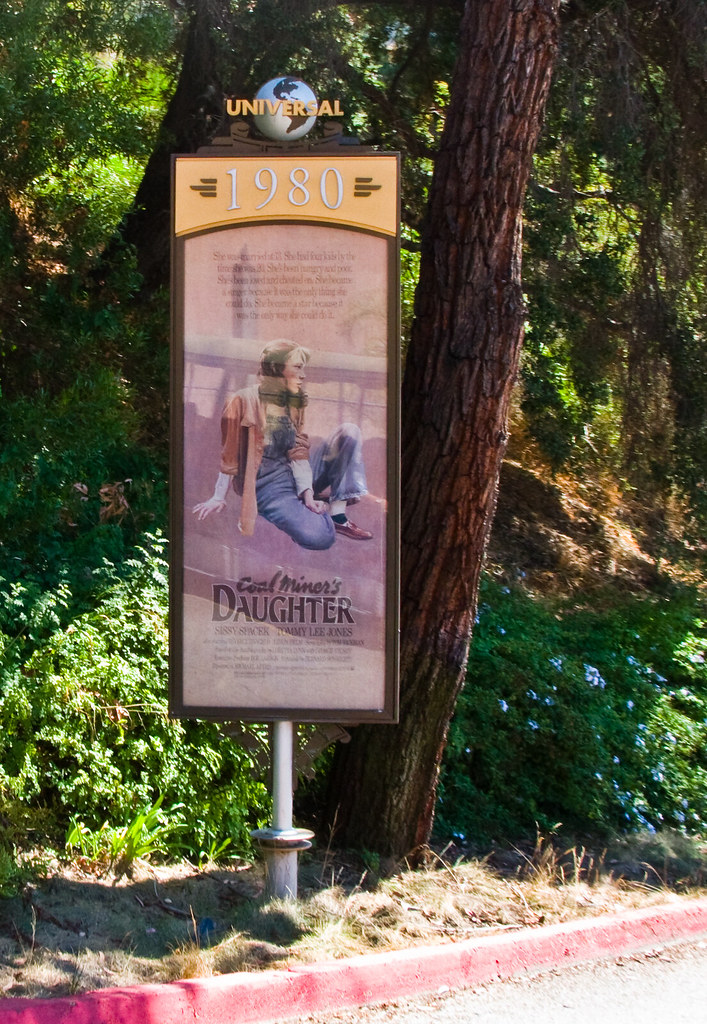
11. Coal Miner’s Daughter: Loretta Lynn’s Unflinching Journey
Michael Apted’s 1980 biopic, *Coal Miner’s Daughter*, offered a raw and deeply human look into the life of country music legend Loretta Lynn, garnering both critical and commercial success. Grossing $67.2 million globally, equivalent to over $240 million when adjusted for inflation, the film transcended its musical genre to become a poignant exploration of resilience and the challenges faced by women balancing career and family.
Sissy Spacek’s Academy Award-winning performance as Loretta Lynn was a masterclass in embodiment, capturing the essence of Lynn’s journey from an impoverished childhood in rural Kentucky to her eventual Nashville superstardom. The film, based on Lynn’s own 1976 autobiography, unflinchingly portrayed the domestic hardships, early marriage, and the sheer determination required to break through in the male-dominated music industry. This honest portrayal resonated profoundly with audiences, particularly female viewers, who saw their own struggles and aspirations reflected on screen.
*Coal Miner’s Daughter* received seven Oscar nominations, including Best Picture, solidifying its place as a significant cultural achievement. It demonstrated that a musical biopic could achieve widespread appeal and critical acclaim by focusing on a relatable personal narrative, even without the bombast of rock-and-roll theatrics. The film’s enduring legacy lies in its ability to inspire and connect, reminding us that powerful storytelling, rooted in authenticity, is a timeless formula for box office success and lasting cultural impact.
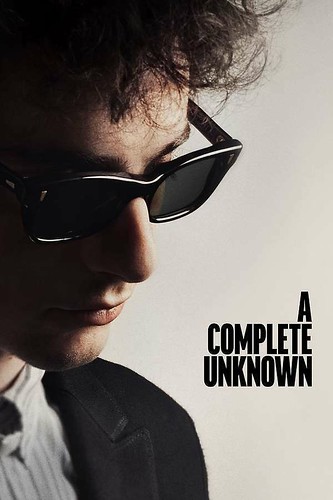
12. A Complete Unknown: Bob Dylan’s Transformative Years
James Mangold, the acclaimed director behind *Walk the Line*, returns to the musical biopic genre with *A Complete Unknown*, a film that has already topped the $140 million threshold in worldwide box-office grosses, placing it at No. 7 on Billboard’s list of highest-grossing music biopics. This Bob Dylan biopic, starring Timothée Chalamet as the enigmatic folk legend, dives deep into a pivotal period of Dylan’s life, exploring his transformation from January 1961, when he moved from Minnesota to New York City, to his controversial electric performance at the Newport Folk Festival in July 1965.
What sets *A Complete Unknown* apart is its focused narrative, eschewing a cradle-to-grave approach for a nuanced exploration of Dylan’s formative years. The film garnered significant critical attention, receiving eight Oscar nominations, including a historic three acting nods for Chalamet as Dylan, Edward Norton as Pete Seeger, and Monica Barbaro as Joan Baez. While it might have been shut out on Oscar night, its ability to secure such recognition for its performances highlights the depth and impact of the portrayals, suggesting a film that truly allowed its actors to immerse themselves in legendary roles.
Despite its strong showing at the box office and critical nods, the film carved out a unique space within the genre. It wasn’t about simply charting the journey to superstardom in a conventional sense; instead, it offered a fresh, artistic perspective on a musician known for constantly reinventing himself. By eschewing typical biopic formulas and focusing on Dylan’s transformative era, *A Complete Unknown* resonated deeply with audiences, proving that a film can achieve commercial success and critical acclaim by being bold, nuanced, and intellectually engaging, even when tackling an icon as complex as Bob Dylan.
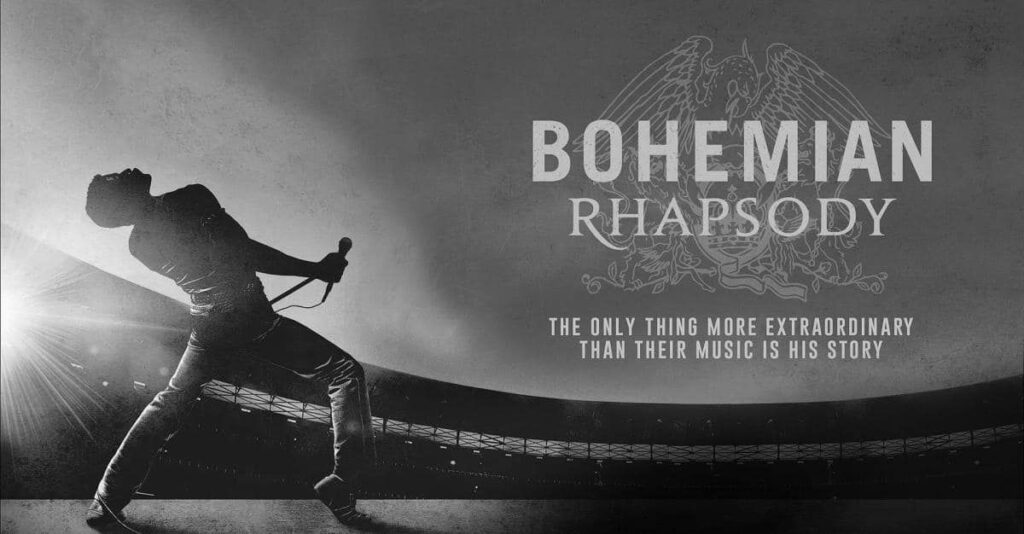
13. Upcoming Groundbreakers: The Beatles’ Unprecedented Multi-Film Saga
Just when you thought the musical biopic genre couldn’t get more ambitious, British director Sam Mendes, alongside Sony Pictures Entertainment and Apple Corps Ltd, unveiled a project that promises to be nothing short of genre-defining: an unprecedented four films about The Beatles. Following the record-breaking success of films like *Bohemian Rhapsody* and *Taylor Swift: The Eras Tour*, this saga is poised to set new boundaries and redefine what a trip to the movies can be for audiences in 2027.
What makes this project truly groundbreaking is its unique narrative structure: each of the four films will present the perspective of one of the Fab Four – John Lennon, Paul McCartney, George Harrison, and Ringo Starr – with the narratives skillfully interwoven to create an interconnected story. This ambitious approach goes beyond the conventional single-viewpoint biopic, promising a kaleidoscopic and warts-and-all exploration of “the greatest rock band of all time,” as Mendes himself stated, eagerly challenging traditional cinematic notions.
The history of The Beatles on screen, from *A Hard Day’s Night* to Peter Jackson’s *Get Back*, has consistently been box office gold, demonstrating the enduring global fascination with their story and music. This new multi-film saga, with the direct insistence from the two surviving Beatles and the widows of the others for a truthful, unfiltered portrayal, signals a commitment to artistic ambition that aims to be a “culturally seismic” event. It’s a bold move that recognizes the immense demand for richly detailed musical narratives and hints at a future where biopics become grander, more immersive cinematic experiences.
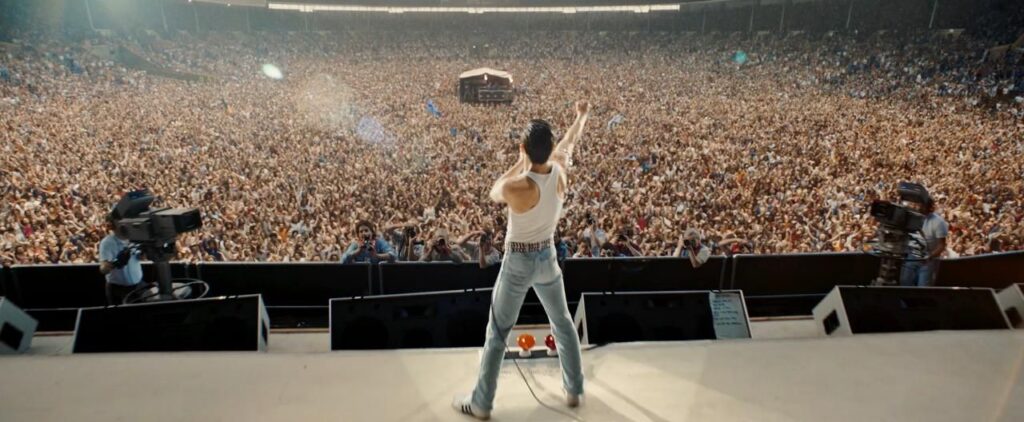
14. The Unvarnished Truth: Challenges and Criticisms in Musical Biopics
While musical biopics continue to dominate the box office and captivate audiences, the genre is not without its inherent challenges and criticisms. A recurring critique centers on the tendency for these films to romanticize or gloss over certain aspects of an artist’s life, often sanitizing controversial or difficult moments in a bid to appeal to a wider audience. This tension between historical accuracy and entertainment value frequently sparks debates, as seen with *Bohemian Rhapsody*, which faced criticism for downplaying Freddie Mercury’s sexuality and his struggles with HIV/AIDS.
Another significant hurdle is securing the full support and involvement of the artist’s estate and family. While their direct input can lend invaluable credibility and authenticity to a project, it can also lead to creative differences and tensions, potentially shaping the narrative in ways that prioritize legacy protection over raw, unvarnished truth. This delicate balance underscores the complexity of transforming real lives, particularly those of beloved icons, into commercially viable cinematic experiences.
Indeed, Hollywood has at times been accused of rushing out celebrity biopics that are perceived as cheap and lacking in artistic ambition, merely gratifying ready-made audiences with familiar stories. However, when these films are executed with genuine creative vision and thoughtful scripts, they attract immense crowds and garner critical acclaim. The successes of *Bohemian Rhapsody* and *Rocketman*, for instance, prove that by weaving together fantasy, state-of-the-art technology, compelling narratives of tormented souls, and inspired acting alongside successful song catalogs, biopics can transcend simple factual retelling to become powerful, immersive rock history moments that resonate deeply and dominate the cultural conversation.
As we look ahead, the trajectory of musical biopics remains undoubtedly upward, a symphony of storytelling where past legends continue to inspire future blockbusters. The allure of these harmonious narratives, blending the timeless power of music with deeply human dramas, ensures that they will remain a vibrant, often groundbreaking, and always compelling fixture in the cinematic landscape for years to come. From intimate character studies to grand, multi-film sagas, the genre consistently proves that the lives and legacies of musicians are an inexhaustible source of captivating entertainment, forever striking a chord with millions across the globe.



